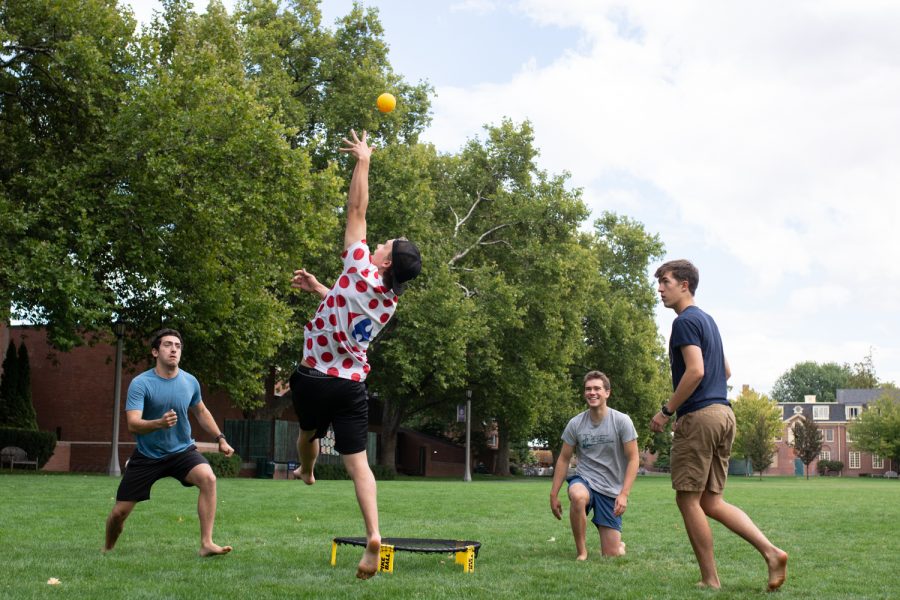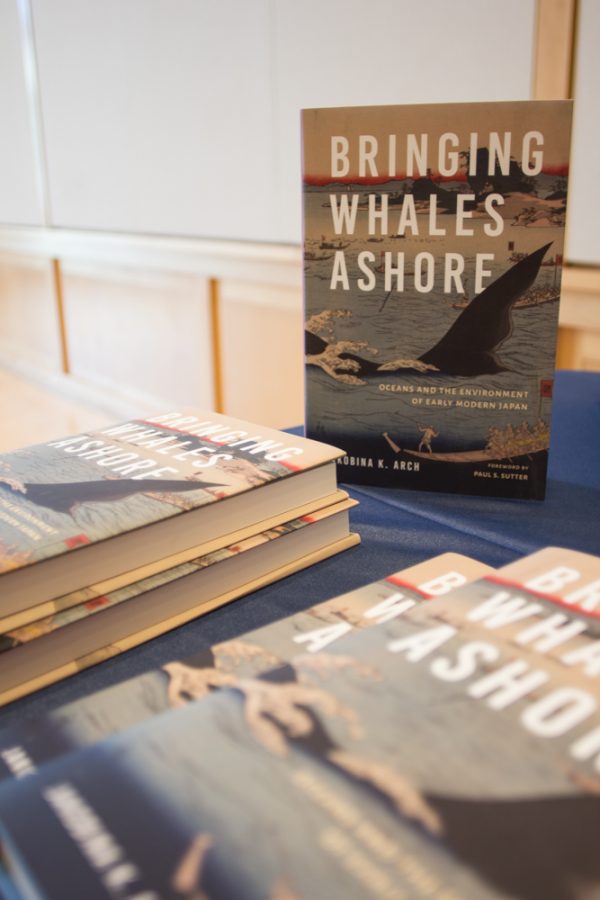It wouldn’t be the last time that my mom would “save” me in anything. Although I am just a host daughter, I am still part of the family, and therefore it is very important that she helps me in most everything I do. When I sat down for the first time at the table after arriving to Mendoza, my host aunt asked if Elizabeth and I liked politics – I shot out with a straight “GOD NO I avoid politics like the plague.” She continued the conversation by saying that she works for a candidate in the Socialist party as a side job. Luckily my host mom saved the day by saying that she, also, does not enjoy conversing politics. There she is. Saving the family, like she always does. Whether it’s protecting us a topic we don’t want to talk about; or washing our dishes; or planning a big birthday lunch for us to make us feel special on our special day; or just asking how our day is; she’s always there making the family the number priority. Because family is the number priority.
Upon entering this country, I knew I would eventually be interrogated about policy in the US – the economy, education, government, etc. Politics is such a prevalent subject in the Argentine world, and on the other hand, I would prefer not to discuss such a argument-inducer. Then of course, a couple of weeks ago (after hiking in the Andes ohohoho), we discussed with a random Argentinian at a cafe the topic of money and family in Argentina vs. the US. He started by asking us whether or not we were the type of people to work really hard to attain more money or whether we just take whatever comes at us and enjoy our lives. We all looked at each other not knowing what to say, and then responded:
“Depende en la persona.”
This situation depends on the person. We explained that the ideal thing to do in America is to find a job that we’re completely passionate about and make sufficient money to live comfortably while doing what we love. But often doing what we love means that we won’t be making much money, so we succumb to working as hard as we can to keep up the budget.
To make matters even harder, in the US, we’re not as connected with the family as everyone is in Argentina, we’re pretty much on our own after we start college or get a job. If we need money, we don’t seek help from our families like they do in Argentina. If need money, we find it.
On the other hand, in Argentina, if a family member is in need of help, family will unconditionally be there to save the day. For that reason, families here may not always be in the best financial condition, but they’re always happy.
“SÃ, sabemos que acá, la familia es muy importante-”
” ¿Muy importante? La familia acá es la más importante.”
My host mom will do anything to help the family. She’ll stay up late at night making sure the kids finish all their homework, and then wake up at 6 in the morning to make sure they wake up for school. Then she goes to work, and comes home, and does all the housework. Last week she came down with a fever and still did all the housework. On the other hand, my dad just got a job as a “remis” driver, a chauffeur for vehicles similar to taxis but (supposedly) safer; however this means that he works the graveyard shift. “Hay que hacerlo,” he says – it must be done.
It’s still so strange to me, however, their concept of being “happy.” They constantly seem to be calling each other names, raising their voices, yelling, screaming – it gets to the point that I’m feeling like it’s too awkward to leave the room so I just crouch behind my computer screen and pretend like I have no idea what’s going on, not like I do anyways. But at the end of the day, if the kids want to go their friends’ house, their mom drives them. Anything to make them happy?
Then last night, my dad offered me a life lesson. He invited me to his birthday asado with a couple of his friends, and introduced me to his “brothers.”
“This is my blood brother, here. And this, this is my brother since childhood. This is who I’ve spent my entire life with, all those adventures. And this is also my brother, my Chilean brother…”
The night was priceless –– convivial laughter, enjoying the “one time only, you’ll never taste anything better than this outside of Argentina, Katy. Aprovechálo ahora,” barbecue chicken, learning how to drink wine, answering questions about my heritage (of course), getting to know this group of people he considered family. It all eventually dwindled to my dad, his brother and I sitting in the kitchen digesting the food and the mirth.
“Katy, escucháme,” my dad says, “all those people you met tonight, they are the ones that I have lived my life with. They are the ones that came to my wedding, that I went on big trips with; they are my best friends –– my family. Family is always the number one priority, and then you have a couple friends, four or five friends, and that’s all you need. That’s all you need in life to be happy.”
Gabi wasn’t there last night. She went to bed early. That’s what she does. She argues with him, doesn’t show up to his birthday dinner, and then is affectionate with him the next day. Yeah, it scares me –– so much aggression and tension and conflict –– but it seems to work for them. Their philosophy of family being the most important thing always seems to carry them back to happiness somehow. Their love for the family is unconditional, whether a family member is in a financial rut or being bratty because he wants to play on his aunt’s computer but actually has to do his homework, la familia is always there to mejorar las vidas. Anything to help. Anything to make you happy.





